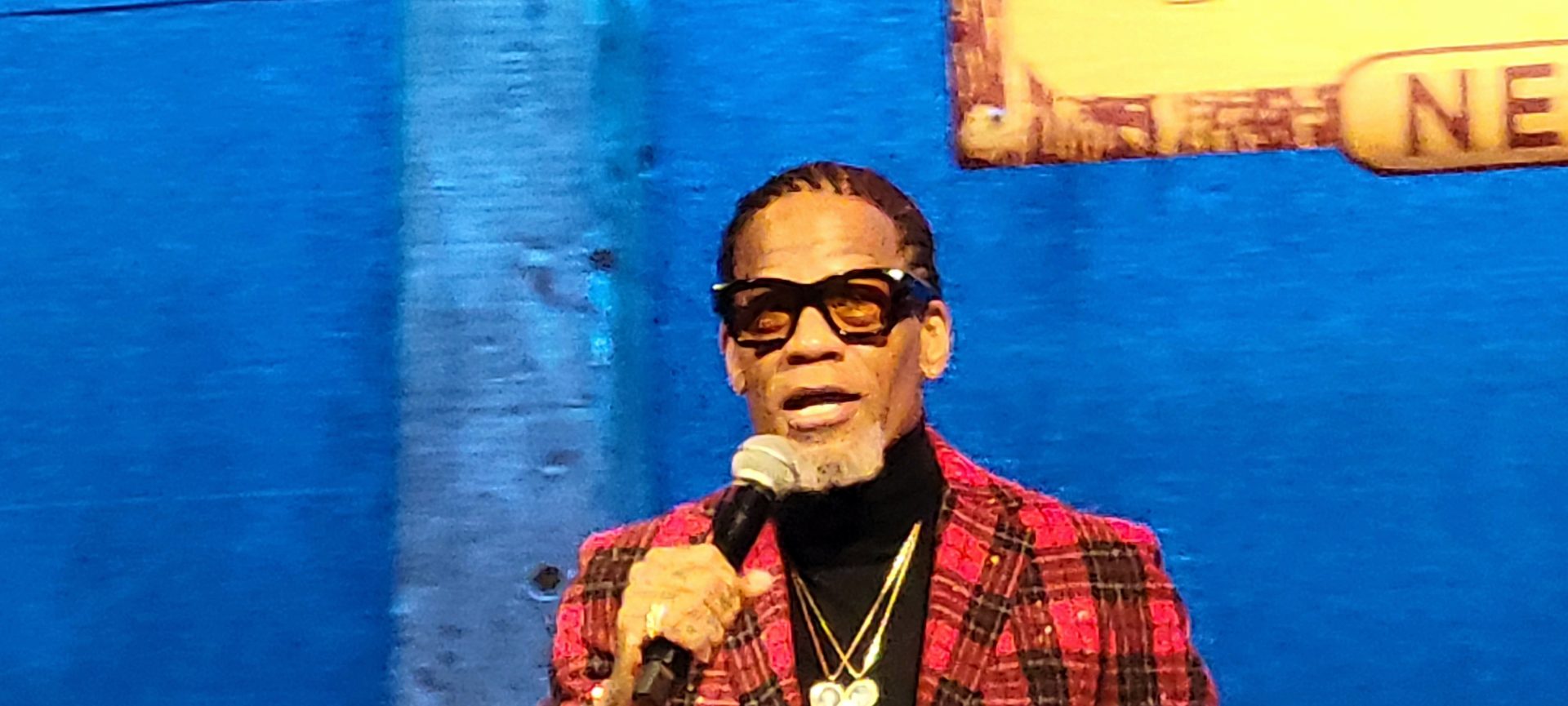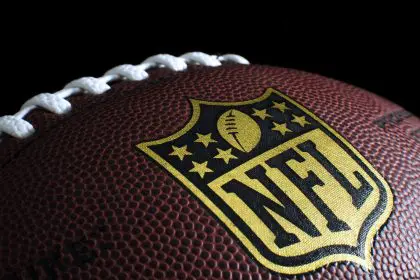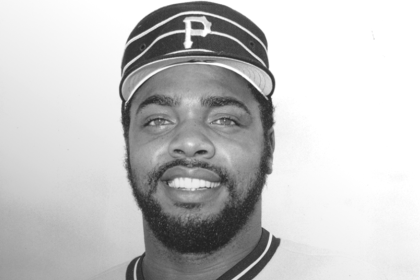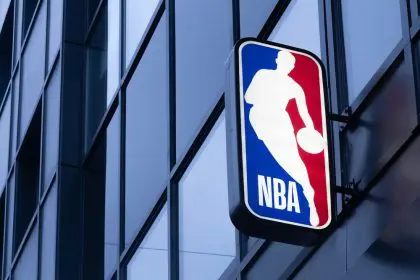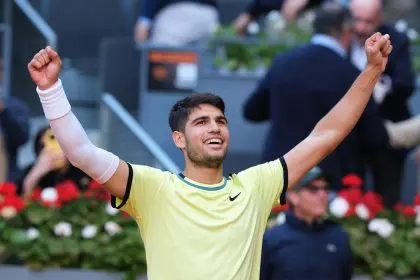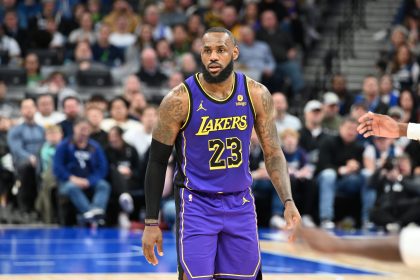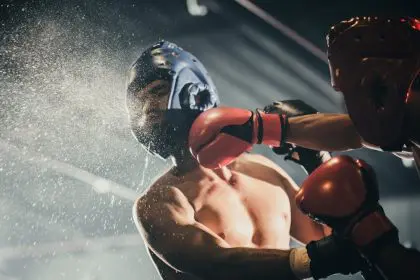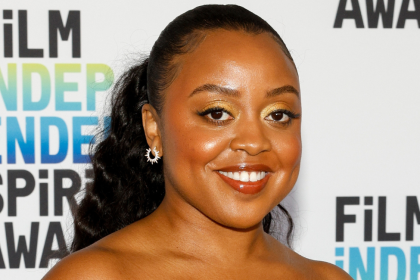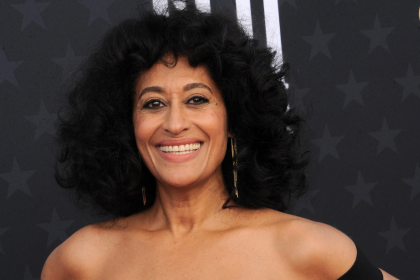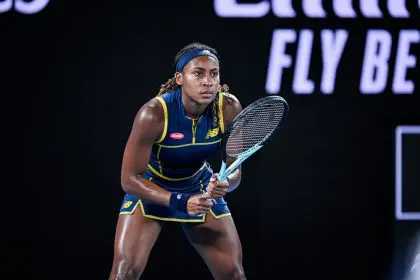The intersection of athletics and activism has become increasingly prominent in American culture, with sports figures regularly finding themselves under the microscope for their stance, or perceived lack thereof, on social issues. Recently, Philadelphia Eagles running back Saquon Barkley has become the center of controversy following comments made by comedian D.L. Hughley regarding Barkley’s apparent disengagement from matters concerning the Black community.
The criticism emerged following Barkley’s attendance at a White House celebration honoring the Eagles’ Super Bowl victory. This appearance, juxtaposed against Barkley’s previous social media activity about ending racism, has sparked a broader conversation about celebrity responsibility and authenticity in advocacy.
The evolution of athlete activism
Throughout history, athletes have wielded their influence to advocate for social change. From Muhammad Ali’s refusal to serve in Vietnam to Colin Kaepernick’s kneeling protest during the national anthem, sports figures have often used their platforms to amplify marginalized voices.
The current landscape of athlete activism has expanded significantly in the digital age. Social media provides immediate platforms for expression, allowing athletes to bypass traditional media channels and speak directly to fans. This direct communication creates new opportunities but also introduces heightened scrutiny of inconsistencies between public statements and personal actions.
Athletes now navigate complex terrain where their endorsements, relationships, and even attendance at certain events face examination through the lens of their professed values.
The controversy surrounding Barkley
The recent criticism directed at Barkley stems from perceived contradictions between his past statements and current behavior. In 2020, amid nationwide protests against racial injustice, Barkley posted on social media about the importance of ending racism. This statement now faces scrutiny in light of his recent public appearances and personal relationships.
Hughley’s commentary specifically highlighted Barkley’s attendance at White House events while suggesting the athlete demonstrates insufficient concern for issues affecting Black communities. The comedian went further by referencing Barkley’s relationship with his fiancée Anna Congdon, who has reportedly faced criticism for past comments, as evidence of what Hughley perceives as Barkley’s detachment from Black issues.
The essence of Hughley’s critique centers on what he characterizes as indifference to the challenges facing Black Americans. According to Hughley, Barkley represents a category of public figures who fail to leverage their influence to address systemic inequities affecting their communities of origin.
5 notable instances of athlete scrutiny over social stances
Muhammad Ali’s anti-war stance resulted in his boxing license being suspended and his championship title stripped during the height of his career, demonstrating the significant professional risks of political activism.
Mahmoud Abdul-Rauf’s national anthem protest in 1996 preceded Kaepernick’s by decades, resulting in a suspension from the NBA and effectively ending his career in American basketball.
LeBron James faced criticism for his selective advocacy when he spoke out against injustice in America but remained notably silent on issues related to Chinese human rights violations that might have affected his business interests.
Naomi Osaka withdrew from the French Open after refusing to participate in press conferences for mental health reasons, sparking debate about athlete obligations versus personal wellbeing.
Barkley’s current situation represents the newest iteration of this ongoing tension between personal choice and public expectation for Black athletes.
The weight of representation
Athletes from marginalized communities often shoulder additional expectations regarding advocacy and representation. While athletes of all backgrounds face scrutiny for their political views, Black athletes in particular encounter expectations to address racial injustice.
This expectation stems from America’s complex history with race and the understanding that those with platforms have unique opportunities to influence public discourse. The visibility afforded to professional athletes provides them with potential influence that exceeds that of average citizens.
However, this expectation raises questions about whether it constitutes an unfair burden. Should athletes be required to serve as social commentators simply because of their visibility? Does this expectation limit their autonomy and right to privacy in personal matters such as relationships?
These questions become especially relevant when examining the criticism directed at Barkley regarding his personal relationship choices. The scrutiny of his romantic partnership introduces complex questions about the intersection of private life and public responsibility.
Public response and ongoing debate
The reaction to Hughley’s comments reflects broader societal divisions regarding celebrity responsibility. Some observers express agreement with Hughley, arguing that athletes benefiting from community support have reciprocal obligations to advocate for those communities.
Others defend the autonomy of public figures to make personal choices without constant scrutiny of their alignment with perceived community expectations. This perspective emphasizes that no individual should be obligated to serve as a representative for an entire demographic group.
Social media has amplified this debate, with users sharing perspectives that span the spectrum from supporting Hughley’s critique to defending Barkley’s right to make independent choices without public judgment.
The evolving nature of athlete advocacy
The landscape of sports activism continues to evolve as social media platforms enable immediate commentary and reaction. Modern athletes navigate complex terrain where their statements, actions, and even silences undergo intense scrutiny.
Professional sports leagues have similarly evolved in their approaches to athlete activism. While leagues historically discouraged political expression, many now embrace social justice initiatives. This shift reflects changing cultural expectations and recognition of athletes’ influence beyond their sporting achievements.
This evolution creates both opportunities and challenges for athletes seeking to maintain authenticity while navigating professional obligations and personal values. Finding balance between these sometimes competing priorities represents an ongoing challenge.
The broader implications
The controversy surrounding Barkley illuminates larger questions about celebrity, race, and responsibility in American culture. His situation offers a lens through which to examine how society allocates responsibility for addressing systemic issues.
The discussion extends beyond individual athletes to consider institutional responsibilities. While individual advocacy matters, sustainable change typically requires institutional commitment. Placing excessive responsibility on individual athletes may inadvertently diminish focus on the structural changes needed to address systemic inequities.
This controversy also highlights the complex intersection of race, celebrity, and personal autonomy in American public discourse. The critique of Barkley’s relationship choices raises particularly challenging questions about where public interest ends and personal privacy begins.
As society continues grappling with issues of racial justice and representation, the role of visible figures like Barkley in shaping these conversations will remain significant. The ongoing dialogue about the responsibilities of athletes represents part of a broader societal negotiation about power, privilege, and accountability.
Whether or not one agrees with Hughley’s assessment of Barkley, the conversation illuminates important questions about the expectations placed on public figures and their capacity to influence social change. These questions will continue to evolve as society’s understanding of justice and representation develops in the coming years.

